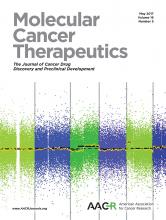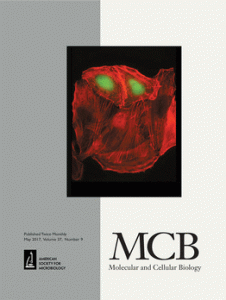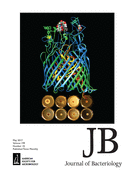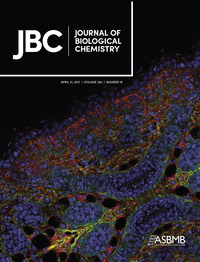 The former vice chancellor for research at the University of California, Los Angeles, has retracted a 2012 paper after an internal investigation found evidence of image manipulation.
The former vice chancellor for research at the University of California, Los Angeles, has retracted a 2012 paper after an internal investigation found evidence of image manipulation.
The journal Molecular Cancer Therapeutics received a letter about the problems with the paper from the UCLA Research Integrity Officer, and a retraction request from last author James Economou, also the chief of surgical oncology.
According to the notice, the paper duplicated images from a 2011 paper also by first author Ali Jazirehi, based at UCLA. This is Jazirehi’s second retraction.
Here’s more from the notice:
Continue reading Former UCLA vice-chancellor loses cancer paper for image manipulation
 A diabetes researcher who once sued a publisher to prevent several retractions has just issued his 12th.
A diabetes researcher who once sued a publisher to prevent several retractions has just issued his 12th.




 A journal has flagged a paper by a researcher who has questioned the safety of genetically modified organisms, after receiving concerns that there were issues with some images.
A journal has flagged a paper by a researcher who has questioned the safety of genetically modified organisms, after receiving concerns that there were issues with some images.